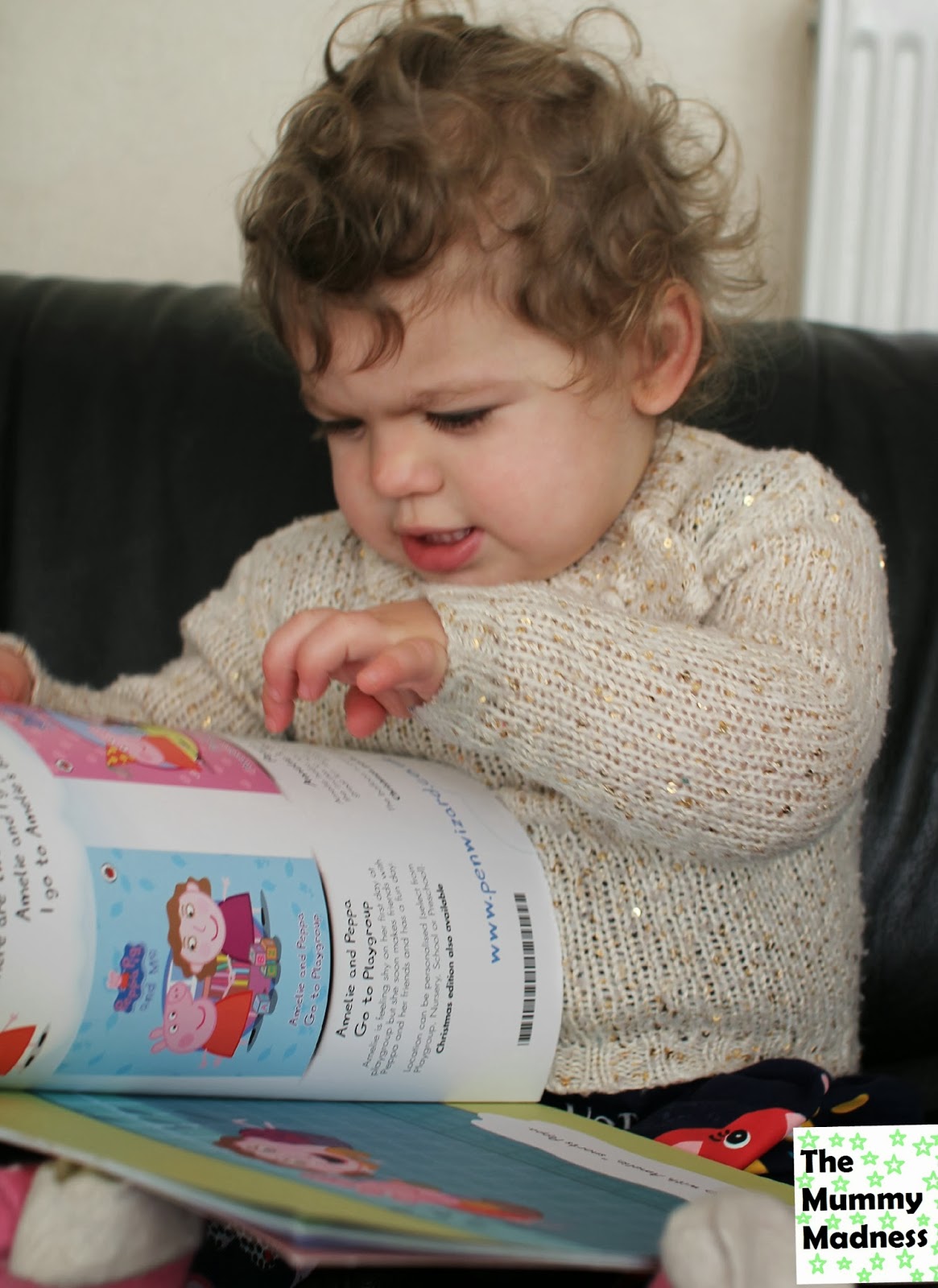We recently got asked to take part in a discussion on skype all about helping babies love to learn to sleep. I got to chat about the new pampers sensitive nappies and also talk to sleep expert Jo Tantum about issues that I have with my babies and sleeping. We got sent a pack of the new pampers baby dry nappies to try before our session.
The new nappies although look not to different to the old ones but they feel alot smoother and we didn't have as many leaks with the new nappies, so less outfit changes in the middle of the night. I got shown on the skype chat about how the nappies absorb fluid straight away unlike other nappies where the liquids sty next to the babies skin and take a little longer to absorb into the nappy. They contain a double dry zone which means in the night they do not need to be changed and woken up. Always a relief with a baby, I used to dread that nappy change as I would fear how Long I would be up afterwards.
We often use pampers at night as they are the only nappy we have found that both babies are not so uncomfortable in the morning. Other nappies we have found my daughter waking and standing and the nappy being so sodden she would often develop such bad nappy rash it was awful, but since using these at night it has got considerably alot better.
One thing I learnt from the skype chat was that babies who nap more in the day are likely to sleep more in the night, I have often kept babies up for hours in the hope they will sleep longer at night, but this is untrue. I now have let Little bear sleep more and have seen the effect at night. Here are some tips from sleep Expert Jo Tantum.
Learn to Love Sleep Tips by Pampers Sleep Expert Jo Tantum
Set the scene
Try to set a scene that is appropriate for bedtime such as
ensuring that lights are switched off or dimmed and that the room is neither
too cold nor too hot. Creating a tranquil environment will help baby understand
when it is time for sleep.
Routine is key
Routine will help your little one to know when it is
night-time. By doing the same things before bedtime such as giving your baby a
bath, cuddle, lullaby, and fresh nappy, she will begin to associate these
activities with sleep.
Keep to a schedule
As with establishing a sleep routine, the daily cycle is
also important. By having ‘active times’ and ‘quiet times’ your baby will
become familiar with when it is time to play and when it time for sleep.
Distinguish between night and day
Ensure that your baby’s environment is different between
night and day so that your little one recognises that light means it is time
for play and that dark is time for sleep. Also try to be quieter and less
interesting when it is night time so your little one understands that it is not
playtime.
Self-soothing
All babies will wake in the night but they will need to
learn how to self-soothe. If you hear your baby stirring try to refrain from
going in straight away to settle her. Instead, pause a moment and give her a
chance to send herself back to sleep. Eventually she will be able to nod off
without your help.
Sleep changes and development are linked
Your baby will move
considerably in the night so ensuring that she remains comfortable is
essential. It is advisable to use a nappy with superior leakage protection such
as Pampers Baby-Dry with Double Dry-Zones which absorb moisture and
lock it helping to provide your baby with up to 12 hours of Golden Sleep.
Your baby will have
growth spurts. During these times, she will likely want to feed more, day and
night so try to be aware of when your little one is going through one of these
phases. Similarly, teething may cause your little one some discomfort and thus
disrupt her sleep. Teething rings can help ease the pain and distract baby. You
can also try rubbing the gums with infant teething gels which contain a mild
anesthetic.
Be realistic
Stay positive and trust your instincts. Keeping a diary of
your baby’s sleep patterns may also help you understand when and why she wakens
and remember that every baby is different so what may work for another baby may
not work for your little one.


















.jpg)







